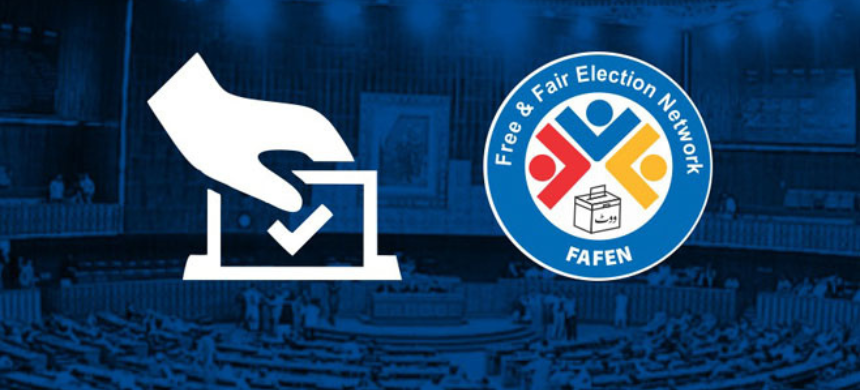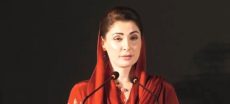FAFEN Report Finds Majority of Pakistan’s Political Parties Lack Functional Websites and Transparency
A recent report by the Free and Fair Election Network (FAFEN) has highlighted a significant digital and transparency gap among Pakistan’s political parties, revealing that nearly two-thirds of registered parties do not maintain functional websites, despite growing digital engagement and legal obligations.
Read More: https://theneutral.pk/india-opts-out-of-asia-cup-2025-amid-political-tensions-what-lies-ahead/
Only 35% of Political Parties Have Operational Websites
FAFEN’s study, titled Assessing Web Presence of Political Parties in Pakistan, reviewed 166 registered parties and found that only 58 parties (35%) have fully or partially functional websites. Among the 20 parties currently represented in the National Assembly or provincial legislatures, only 14 (70%) maintain websites with at least some functionality.
Legal Requirements Often Unmet
The report draws attention to key legal provisions under the Elections Act, 2017, especially Section 208(4), which mandates political parties to publish updated lists of central office bearers and executive committee members on their websites. Yet, only 40 of the 58 parties with websites (69%) complied by listing their central office bearers, and a mere six parties (10%) disclosed executive committee members.
Social Media Not a Substitute for Transparency
While many parties maintain active social media profiles, FAFEN cautions that these platforms are inadequate for transparency due to their fleeting and algorithm-driven nature.
Jamaat-e-Islami Leads in Digital Transparency
Among parliamentary parties, Jamaat-e-Islami (JI) topped the list, providing 18 out of 30 assessed information categories. Following JI were Pakistan Tehreek-e-Insaf (PTI) with 15 categories—although PTI’s website is currently blocked in Pakistan and only accessible via VPN—Pakistan Peoples Party Parliamentarians (PPPP) with 12, and Pakistan Muslim League-Nawaz (PML-N) with 11.
Financial Transparency and Other Gaps
The report highlights serious deficiencies in financial disclosures:
- Only one party published a consolidated financial statement (as required by Section 210(1) of the Elections Act).
- Only one party disclosed assets and liabilities of office bearers.
- Only 38% shared party constitutions online.
- A mere 12% uploaded updated election manifestos for the 2024 General Elections.
- No party uploaded information on elected general councils or candidate selection procedures, both mandated by law.
FAFEN’s Recommendations
FAFEN urges political parties to enhance their digital presence and adhere strictly to legal transparency requirements to strengthen democratic accountability and voter awareness.











